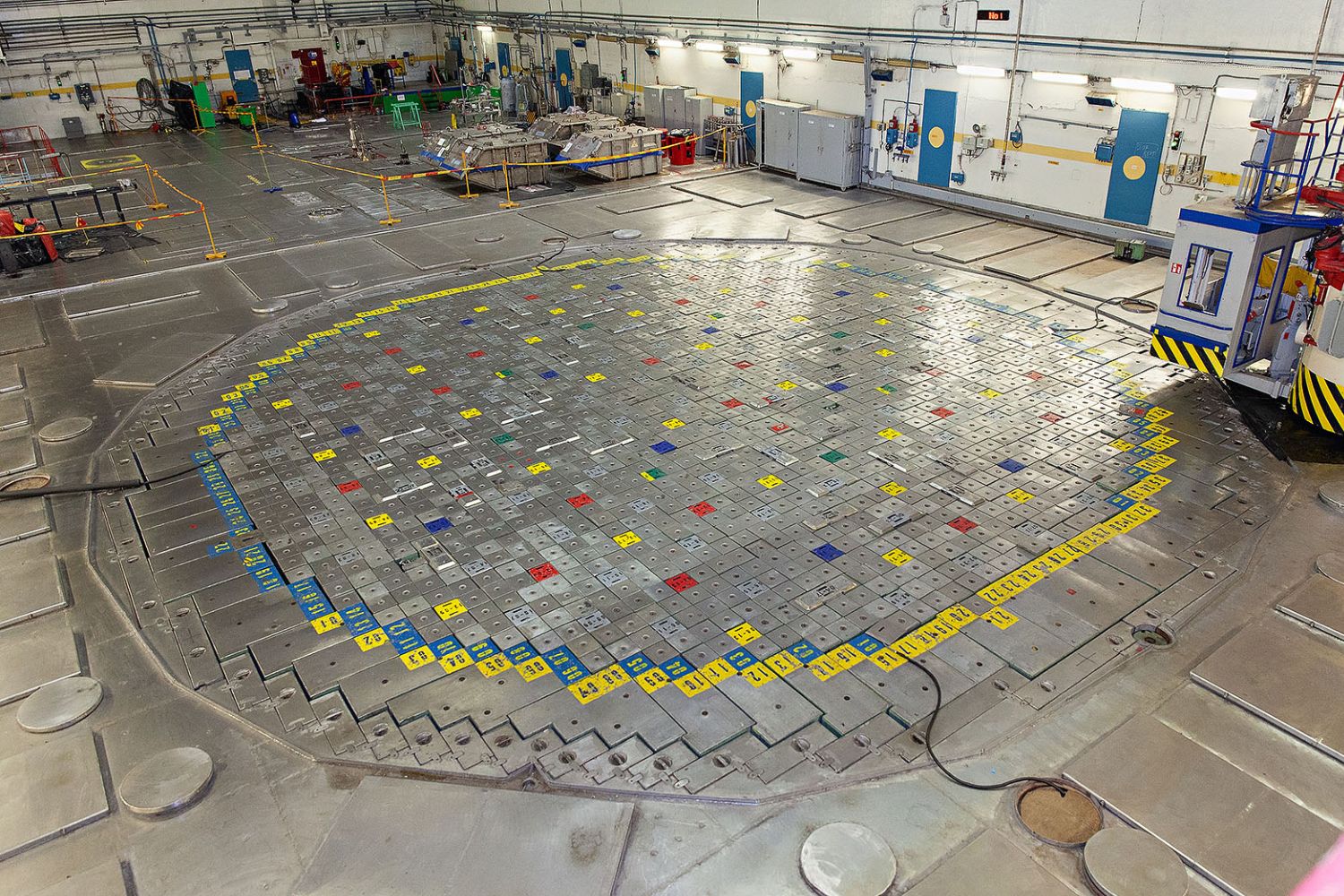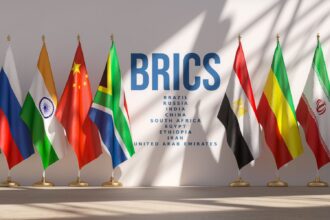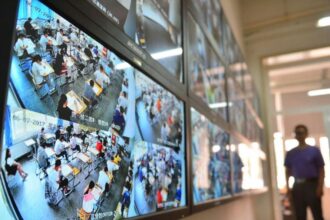Russia’s Leningrad Nuclear Power Plant is a cornerstone of Russia’s energy infrastructure and is set to expand operations in the coming years, after it was granted permits to build new reactors. The Leningrad Nuclear Power Station celebrated its 50th anniversary in 2023. This marked a journey of challenges and Russia’s steadfast commitment to nuclear energy. The nuclear power station is located 80 kilometres west of St. Petersburg on the southern shore of the Gulf of Finland. The facility is responsible for approximately 20% of the country’s energy mix, generating an impressive 4,400 megawatts of power for the country.
Despite global scrutiny and a history marked by nuclear disasters, over the years, the country has transformed lessons from past incidents into significant technological advancements, earning international recognition for its advancements in the sector. The introduction of VVER-1200 reactors is a substantial leap in both technology and safety. These advanced reactors are designed to prevent incidents similar to the past disasters.
The origins of Russia’s nuclear program trace back to the aftermath of World War II. The Soviet Union, keen to establish itself as a superpower, embarked on an ambitious nuclear research program. The key milestone came in 1946 when the Soviet physicist Igor Kurchatov led the team that achieved the country’s first nuclear chain reaction. This success laid the groundwork for the development of nuclear weapons and, subsequently, nuclear energy.
Following the dissolution of the Soviet Union in 1991, Russia inherited the bulk of its nuclear infrastructure. The newly formed Russian Federation embarked on a mission to modernise its ageing nuclear fleet and improve safety standards. The introduction of Vodo-Vodyanoi Energetichesky Reaktor (VVER) reactors marked a significant technological advancement. These reactors featured enhanced safety measures with greater efficiency.
Russia’s nuclear strategy extends beyond its borders, engaging in international collaboration through the BRICS alliance. This partnership aims to develop robust nuclear energy infrastructures and share technological expertise. As global energy demands continue to rise, BRICS nations are also increasingly turning to nuclear power to secure their energy futures. This strategic shift reflects a collective commitment to developing robust energy infrastructures, reducing dependence on fossil fuels, and fostering economic growth.
Russia has been a significant exporter of nuclear technology and expertise. The recent 50th anniversary of the Leningrad Nuclear Power Station underscores Russia’s long-standing commitment to nuclear energy, and makes the nation a leading actor in the sector within the BRICS alliance. China has been aggressively expanding its nuclear power capacity, aiming to reduce its reliance on coal and lower greenhouse gas emissions. The country plans to build numerous new reactors and is investing heavily in next-generation nuclear technologies.
India’s nuclear power program is integral to its strategy for meeting growing energy demands while addressing environmental concerns. The Kudankulam Nuclear Power Plant, developed in partnership with Russia, is a notable example of India’s nuclear ambitions. Brazil currently operates two nuclear reactors at the Angra Nuclear Power Plant and plans to add more. Brazil’s nuclear initiatives aim to provide stable, low-carbon energy to support its economic development. South Africa, currently experiencing power issues, is exploring ways to expand its nuclear capacity.
The Koeberg Nuclear Power Station has been operational since the 1980s, and the government is considering new projects to ensure energy security and meet future demands. Nuclear power provides a stable and reliable energy source, reducing dependence on imported fossil fuels. It also produces low greenhouse gas emissions, helping to mitigate climate change. However, some experts have highlighted that nuclear power carries inherent risks, requiring strict safety measures, as management of nuclear waste remains a critical issue.
BRICS nations are not only advancing their individual nuclear programs but are also engaging in collaborative efforts to share knowledge and technology. Russia, with its extensive experience, plays a pivotal role in these exchanges. Initiatives like skill-sharing programs targeting African and the global south youth, particularly in nuclear science, underscore the bloc’s commitment to collective progress. Russia’s nuclear power industry has come a long way. Despite challenges and setbacks, Russia has emerged as a leader in nuclear technology and safety.
The ongoing modernization of facilities like the Leningrad Nuclear Power Station and the country’s active role in international nuclear cooperation highlight its enduring commitment to nuclear energy as a cornerstone of its energy strategy. The Leningrad NPP stands as a bright example of an advanced industrial enterprise from the age of the scientific-technical revolution.
The exploration of nuclear power by BRICS nations represents a strategic move towards achieving energy security and sustainable development. By leveraging nuclear technology, these countries aim to meet their growing energy needs while reducing their environmental impact. The collaborative efforts within the BRICS bloc highlight the importance of shared knowledge and technology in advancing global nuclear capabilities.
ALSO READ: Russia celebrates 70th Anniversary of world’s first nuclear power plant














I don’t think the title of your article matches the content lol. Just kidding, mainly because I had some doubts after reading the article.